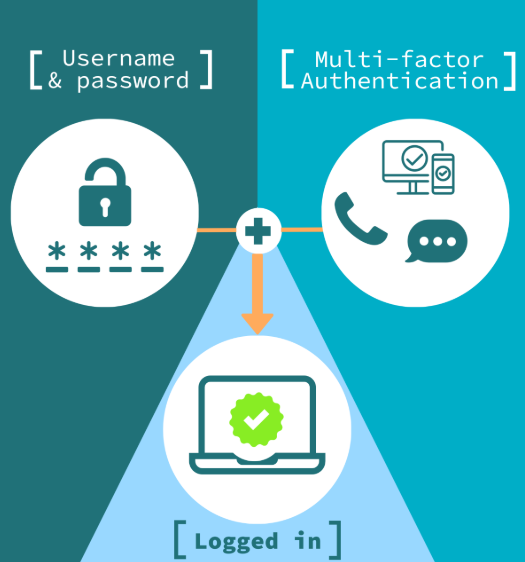
The way we work has transformed dramatically, and small businesses are at the forefront of this change. What was once an occasional perk—remote work—has now become a fundamental part of business operations. For small businesses, this shift presents both opportunities and obstacles. While the flexibility of remote work can enhance productivity and reduce overhead costs, it also introduces technical and operational challenges that require strategic solutions.
The Unique Struggles of Small Businesses in a Remote Work Era
Transitioning to a remote or hybrid model isn’t always seamless for small businesses. Unlike larger corporations with dedicated IT teams, smaller companies often lack the infrastructure and expertise to support remote employees effectively. Common hurdles include:
- Technology Gaps: Employees may struggle with outdated systems, insufficient bandwidth, or incompatible personal devices.
- Security Vulnerabilities: Without proper safeguards, remote work exposes businesses to cyber threats like data breaches and malware.
- Communication Barriers: Dispersed teams can face miscommunication, delays, and decreased collaboration without the right tools.
- Employee Well-being: The lack of structure in remote work can lead to burnout, isolation, and reduced engagement.
These challenges may seem daunting, but they’re not impossible to overcome. With the right approach, small businesses can turn remote work into a competitive advantage.
How IT Consulting Empowers Small Businesses
Rather than navigating these obstacles alone, many small businesses are turning to IT consultants for tailored solutions. These experts don’t just fix tech issues—they design strategies to enhance efficiency, security, and scalability. Key benefits include:
Custom IT Roadmaps
Consultants assess a business’s unique needs and create a plan for implementing the right technology, whether it’s cloud storage, communication platforms, or security protocols.
Secure and Scalable Cloud Solutions
Cloud-based tools enable seamless collaboration from anywhere, reducing dependency on physical hardware and improving accessibility.
Enhanced Cybersecurity Measures
From firewalls to employee training, IT consultants ensure that remote teams operate safely, minimizing risks like phishing attacks and unauthorized access.
Streamlined Communication
Adopting tools like video conferencing, instant messaging, and project management software keeps teams connected and productive.
Ongoing Support and Training
Remote work policies and technology training help employees adapt smoothly, ensuring long-term success.
Finding the Right IT Partner
Choosing an IT consulting firm is a critical decision for small businesses. Look for providers with:
- Experience with small business needs
- Expertise in remote work technologies
- Clear communication and transparency
- A balance of affordability and quality service
A reliable IT consultant becomes a long-term ally, ensuring that technology evolves alongside business goals.
Final Thoughts
Remote work is no longer just an option—it’s a necessity. Small businesses that embrace this shift with the right IT support can improve efficiency, safeguard their operations, and stay competitive. The key lies in strategic planning, robust security, and effective communication.
By leveraging expert IT consulting, small businesses can not only adapt to remote work but also thrive in this new era of flexibility and digital innovation.















































